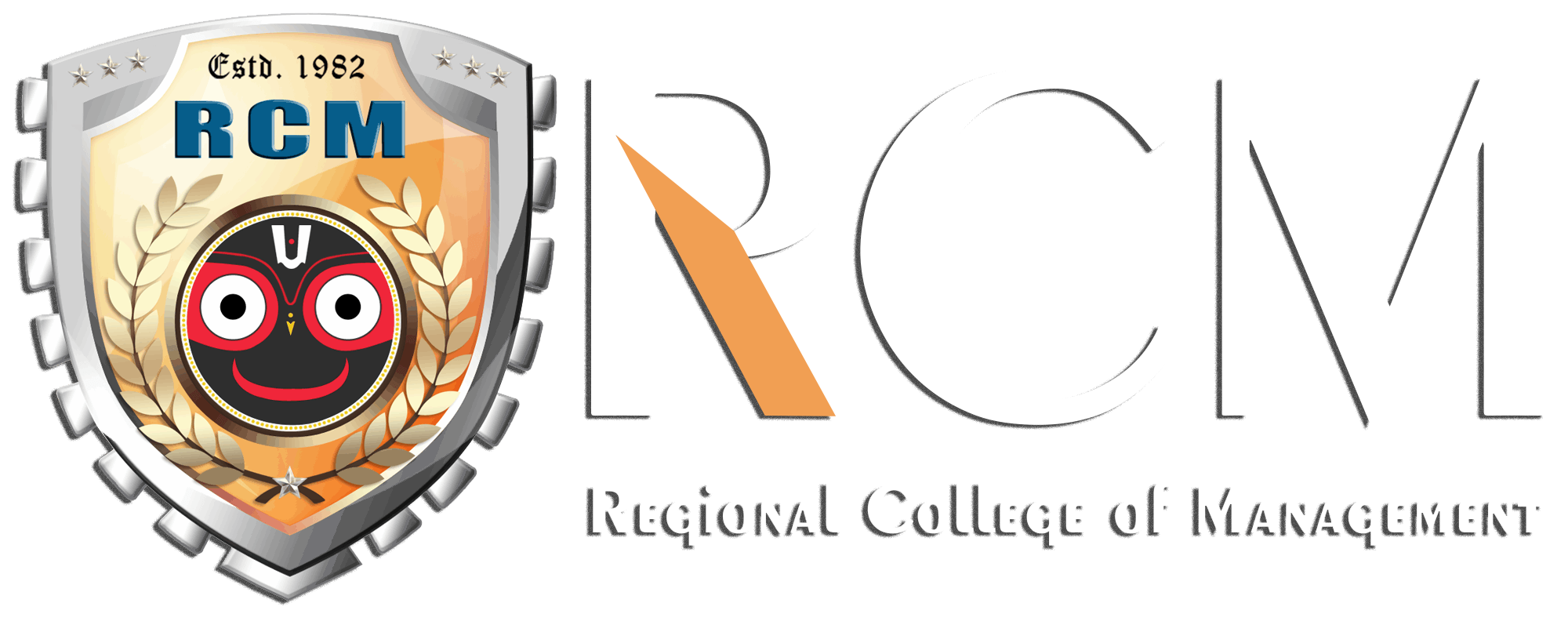An MBA in Finance is one of the most sought-after postgraduate programs for students aiming to build a successful career in banking, investment, corporate finance, and financial management. This specialization equips students with financial planning, risk assessment, capital management, and investment strategies.
In this detailed guide, we will cover the MBA in Finance course details, including eligibility criteria, duration, fees, subjects, and future career opportunities in India.
What is MBA in Finance?
An MBA Finance degree is a two-year postgraduate program focusing on the financial aspects of business management. Unlike a general MBA, this specialization dives deeper into topics such as financial analysis, portfolio management, capital budgeting, and mergers & acquisitions.
The course combines theoretical knowledge with practical case studies, preparing students for high-demand roles in financial services, corporate sectors, and global markets.
Why Choose MBA in Finance?
Finance is the backbone of any business. Whether it’s budgeting, cost control, or investment decisions, financial knowledge plays a critical role in organizational success. Choosing finance specialization in MBA opens up career options in banking, investment firms, corporate finance departments, and consulting companies.
Moreover, MBA finance graduates often enjoy lucrative salary packages, global exposure, and growth opportunities. If you are good with numbers, analysis, and strategic thinking, this specialization can be a perfect fit.
MBA in Finance Course Details
The MBA finance course is generally structured over four semesters, with the first year covering core management concepts and the second year focusing on finance-specific subjects.
Students learn about financial planning, investment analysis, international finance, and risk management, along with general management skills like leadership and decision-making.
The curriculum usually includes:
- Core Management Subjects: Marketing, HR, Operations, Economics
- Finance Specialization Subjects: Corporate Finance, Financial Derivatives, Investment Banking
MBA Finance Course Duration
The standard MBA finance course duration is two years, divided into four semesters. However, the duration may vary depending on the mode of study:
- Full-time MBA in Finance: 2 years
- Executive MBA in Finance: 1 year (for professionals)
- Distance/Online MBA: 2–2.5 years
MBA in Finance Eligibility
To apply for MBA in Finance in India, students must meet the following criteria:
- A bachelor’s degree in any discipline (Commerce, Science, Arts, or Engineering) from a recognized university
- Minimum 50% marks in graduation (45% for reserved categories)
- A valid score in MBA entrance exams such as CAT, MAT, XAT, CMAT, or GMAT
- For Executive MBA Finance, 2–3 years of work experience is preferred
These MBA finance requirements ensure that students have a strong academic background before pursuing this demanding course.
MBA in Finance Fees in India
The MBA finance course fees vary widely depending on the institute:
- Top B-Schools (IIMs, XLRI): ₹18–25 lakh for 2 years
- Private Colleges: ₹3–8 lakh
- Distance/Online MBA: ₹50,000 – ₹1.5 lakh
Students planning to study MBA in Finance in India should also consider additional costs like entrance exam fees, hostel charges, and study material.
Subjects in MBA Finance
The MBA finance course is designed to cover both management fundamentals and finance-focused subjects. Here’s an overview of what you will study:
First Year (Core Subjects)
- Principles of Management – Understanding the basics of business administration
- Managerial Economics – Economic concepts for decision-making
- Financial Accounting – Basics of accounting and reporting
- Marketing & HR Management – Core business functions
Second Year (Finance Specialization)
- Corporate Finance – Managing company finances, capital structure
- Investment Analysis & Portfolio Management – Strategies for investing and risk-return balance
- International Finance – Global financial markets and currency management
- Financial Derivatives & Risk Management – Hedging and managing market risks
Students may also work on finance projects, internships, and live case studies for practical exposure.
Is MBA in Finance Difficult?
Many aspirants ask, is MBA in Finance difficult? The answer depends on your aptitude for numbers, analytical ability, and interest in finance concepts.
- Students from Commerce or Economics backgrounds may find it easier.
- Engineering graduates with strong quantitative skills also perform well.
- The course involves financial modeling, mathematics, and data analysis, so a good grasp of these topics is essential.
Career Opportunities After MBA in Finance
An MBA in Finance opens doors to numerous job roles across industries. Some popular options include:
- Investment Banker: Handles mergers, acquisitions, IPOs, and fundraising activities
- Financial Analyst: Interprets financial data to guide business decisions
- Corporate Finance Manager: Manages an organization’s capital and financial planning
- Risk Manager: Identifies and mitigates potential financial risks
- Wealth Manager: Provides investment strategies for individuals and businesses
These roles are available in banks, NBFCs, consulting firms, investment companies, and multinational corporations.
Salary After MBA in Finance
Finance professionals often enjoy high salary packages:
- Entry-level roles: ₹6–10 LPA
- Mid-level positions: ₹12–20 LPA
- Top roles (CFO, VP Finance): ₹25–50 LPA or more
The exact salary depends on factors like institute reputation, job profile, and experience.
Future Scope of MBA in Finance
The scope of MBA in Finance in India is growing with the rise of banking, fintech, and investment sectors. Additionally, globalization has increased demand for financial experts in international markets.
Students can also pursue professional certifications like CFA, CPA, or FRM alongside or after their MBA to enhance career prospects.
Top Colleges Offering MBA Finance in India
- Indian Institutes of Management (IIMs)
- XLRI Jamshedpur
- NMIMS Mumbai
- Symbiosis Institute of Business Management (SIBM)
- SP Jain Institute of Management
These institutes are known for their industry connections, placement records, and high-quality curriculum.
Why MBA in Finance?
Still wondering why choose this specialization? Here’s why:
- High-paying career opportunities across sectors
- Global demand for finance professionals
- Strong foundation for leadership roles in corporates
- Versatile job roles in investment, banking, and consulting
FAQs
Q. What is MBA finance course duration?
A. The duration is generally 2 years, divided into 4 semesters.
Q. What are the subjects in MBA Finance?
A. Subjects include Corporate Finance, Investment Banking, Risk Management, and Financial Accounting.
Q. Is MBA in Finance difficult?
A. It requires strong analytical and quantitative skills, but is manageable with consistent study.
Q. What is the average MBA in Finance fees in India?
A. Fees range from ₹3–25 lakh, depending on the college.
Q. What is the eligibility for MBA in Finance?
A. Graduation with minimum 50% marks and a valid entrance exam score.
Conclusion
The MBA in Finance remains one of the most prestigious and rewarding management specializations in India and abroad. With a strong focus on financial strategy and business analytics, it prepares students for challenging roles in the global economy.
If you are planning to pursue an MBA finance course, start by preparing for entrance exams like CAT, XAT, or GMAT, research the best colleges, and choose this specialization for long-term career growth.




























